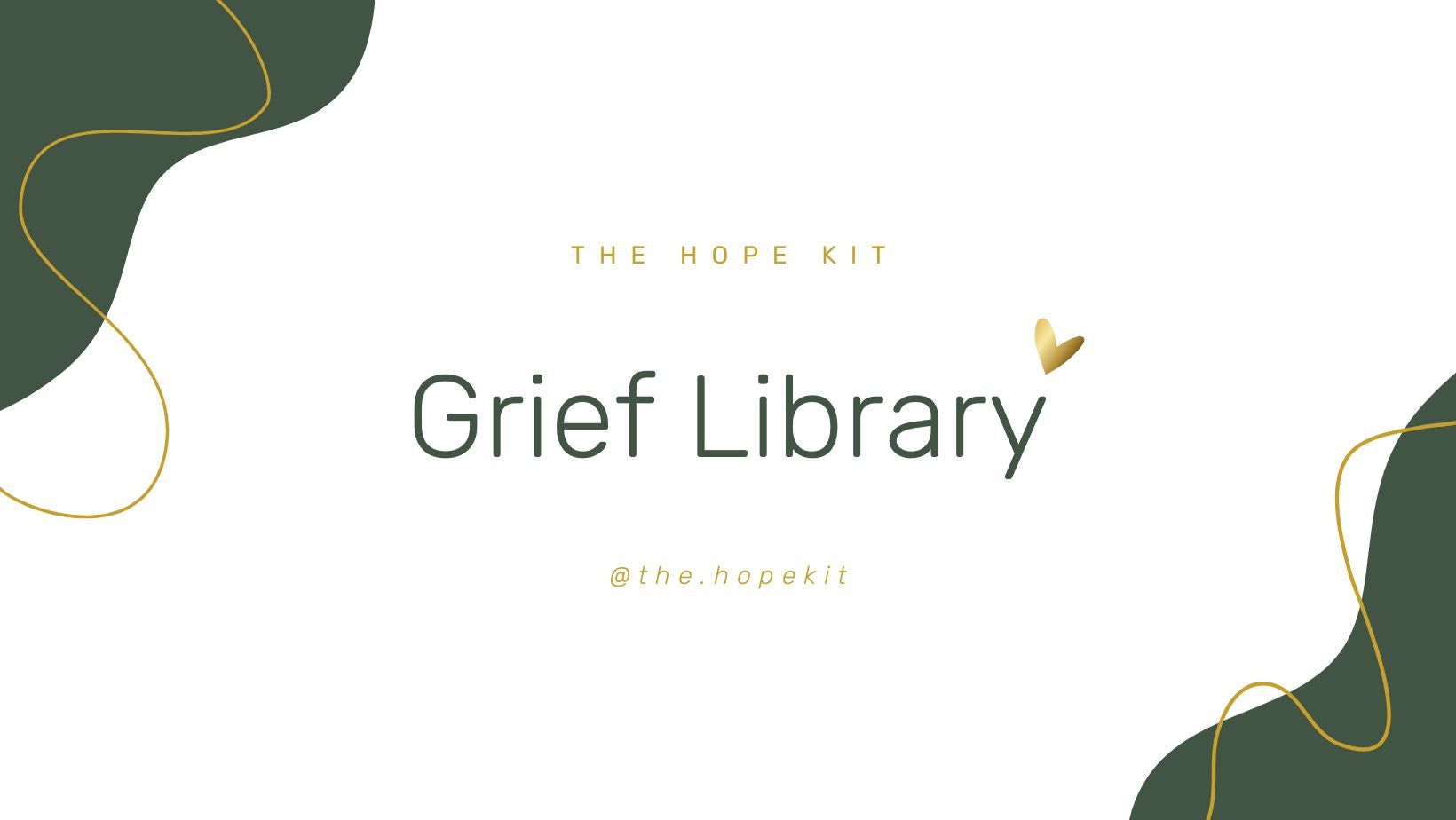"Foggy Minds and Broken Hearts: Coping with Grief Brain"
As someone going through grief, I know that the feeling of "brain fog" is all too real. It's like my mind is constantly confused, and I find it hard to focus on simple tasks or retain memories. It's like a thick haze clouding my thoughts and decision-making abilities, making it hard for me to think clearly. It's a frustrating and overwhelming feeling, but it's an unfortunately normal part of the grieving process.
During grief, my brain is likely releasing hormones such as cortisol and oxytocin to help me cope with stress and pain. These hormones can lead to physical and emotional changes, such as fatigue, changes in appetite, and feelings of sadness, anger, and fear. My brain is also trying to make sense of loss and understand why my loved one is no longer with me. This grief process can lead to confusion, anger, and guilt, so be patient with yourself and forgive.
It's important to understand that grief takes time to heal, and it's not something that can be rushed or forced. Everyone's journey through grief is different, and it's essential to be patient with myself and permit myself to grieve in my own way and in my own time.
Embracing the brain fog associated with grief can be challenging. Still, it can also have adverse effects on the healing process. Some examples of how people may negatively embrace the brain fog include:
- Avoiding dealing with grief: Some people may try to prevent the brain fog associated with grief by avoiding thinking about their loved one or the circumstances of their death. Avoiding dealing with grief can prolong the grieving process and make it more challenging to come to terms with the loss.
- Substance abuse: Some people may turn to alcohol or drugs to numb the pain and brain fog associated with grief. Substance abuse can lead to addiction and further complicate the grieving process.
- Isolation: Grief can be overwhelming, and some people may withdraw from friends and family, leading to feelings of isolation and loneliness, which can exacerbate the brain fog associated with grief.
- Difficulty in daily functioning: The brain fog associated with grief can make it difficult for some people to focus and complete their daily tasks, leading to job loss, financial difficulties, and other negative consequences.
- Delayed grief: Some people may suppress their emotions and push their grief away, leading to delayed grief, making it more challenging to cope with the loss in the long term.
- Ignoring self-care: People may try to ignore the brain fog and push through their daily routine without taking care of themselves properly. Ignoring self-care can lead to physical and emotional exhaustion and make the grief more challenging.
Embracing the brain fog associated with grief can be challenging. Still, it can also have positive effects on the healing process. Some examples of how people may positively embrace the brain fog include:
- Engaging in self-care activities: Exercise, yoga, or meditation can help alleviate brain fog and support healing.
- Journaling thoughts and feelings: It can help to process and make sense of the emotions and memories associated with the loss.
- Spending time with loved ones: Connecting with family and friends can provide comfort and support during grieving.
- Seeking professional help: A therapist or counselor can help to cope with emotions and find ways to move forward.
- Joining a grief support group: Connecting with others who are going through similar experiences can provide a sense of community and understanding.
- Honoring and remembering the loved one: Creating a memorial, volunteering, or participating in activities celebrating the loved one's memory can be a powerful way to cope with grief.
- Allowing time to grieve: Permitting yourself to suffer in your way and your own time can be necessary for healing.
- Setting realistic goals: Working on them one step at a time helps maintain a sense of purpose and control during this difficult time.
- Practicing mindfulness and being present at the moment: can help to ground oneself and not get lost in the fog of grief.
- Finding meaning and purpose: People may find that their grief has led to a renewed sense of purpose in life and a desire to make a positive change in the world.
It's important to remember that everyone's journey through grief is different and there is no right or wrong way to grieve, but it's essential to be aware of how we cope with grief and address it adequately to avoid negative consequences. While embracing the brain fog associated with grief can be challenging, it can also have positive effects on the healing process. By allowing yourself to feel the pain and sadness and engaging in self-care activities to support the healing process, we can navigate the brain fog and find healing.
Dealing with "Brain Fog or Grief Brain" can be incredibly difficult, but it is a normal part of the grieving process. It's critical to take care of yourself, engage in self-care activities, seek professional help, join support groups, and find ways to honor and remember your loved one. It's also important to be patient and allow yourself the time you need to grieve.
Remember, it's okay to ask for help when the brain fog negatively impacts your daily life, it's a sign of strength to seek professional help and support. Be kind to yourself, and know that you are not alone on this journey.
"The Hope Team"




